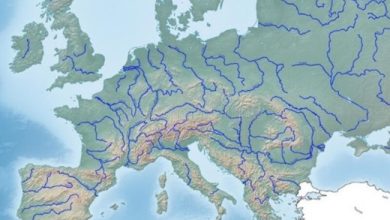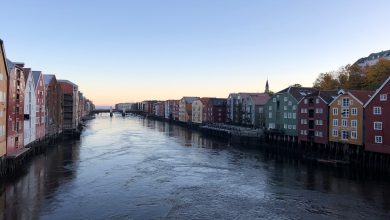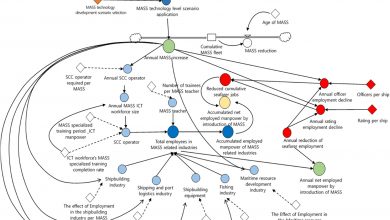The Marie Curie Doctoral Grant and Why You Shouldn’t Miss Out
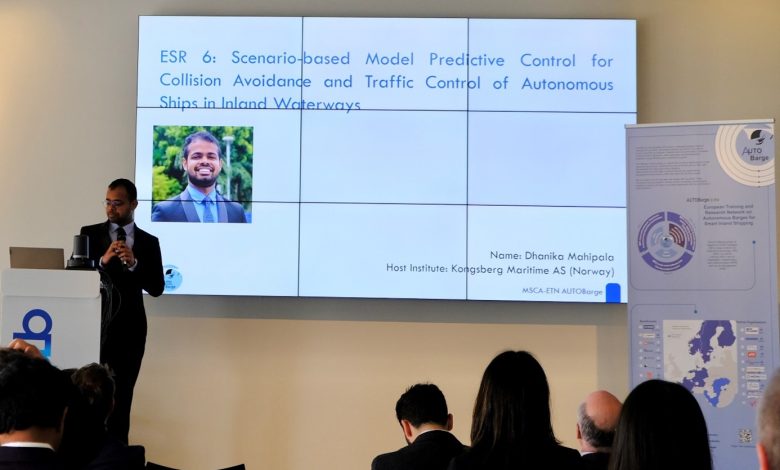
Who am I?
Greetings, fellow researchers who are aspiring to start your journey as a Ph.D. candidate! I am Dhanika, a proud Marie Curie Ph.D. scholar navigating the fascinating realms of autonomous collision avoidance for inland waterway surface vessels. As an Early-Stage Researcher of the project AUTOBarge, I am hosted by Kongsberg Maritime AS, Norway as an industrial Ph.D. candidate and affiliated to Norwegian University of Science and Technology (NTNU). With this article, I wish to introduce the prestigious Marie Curie Doctoral Grant and why it should be a priority in your Ph.D. applications.
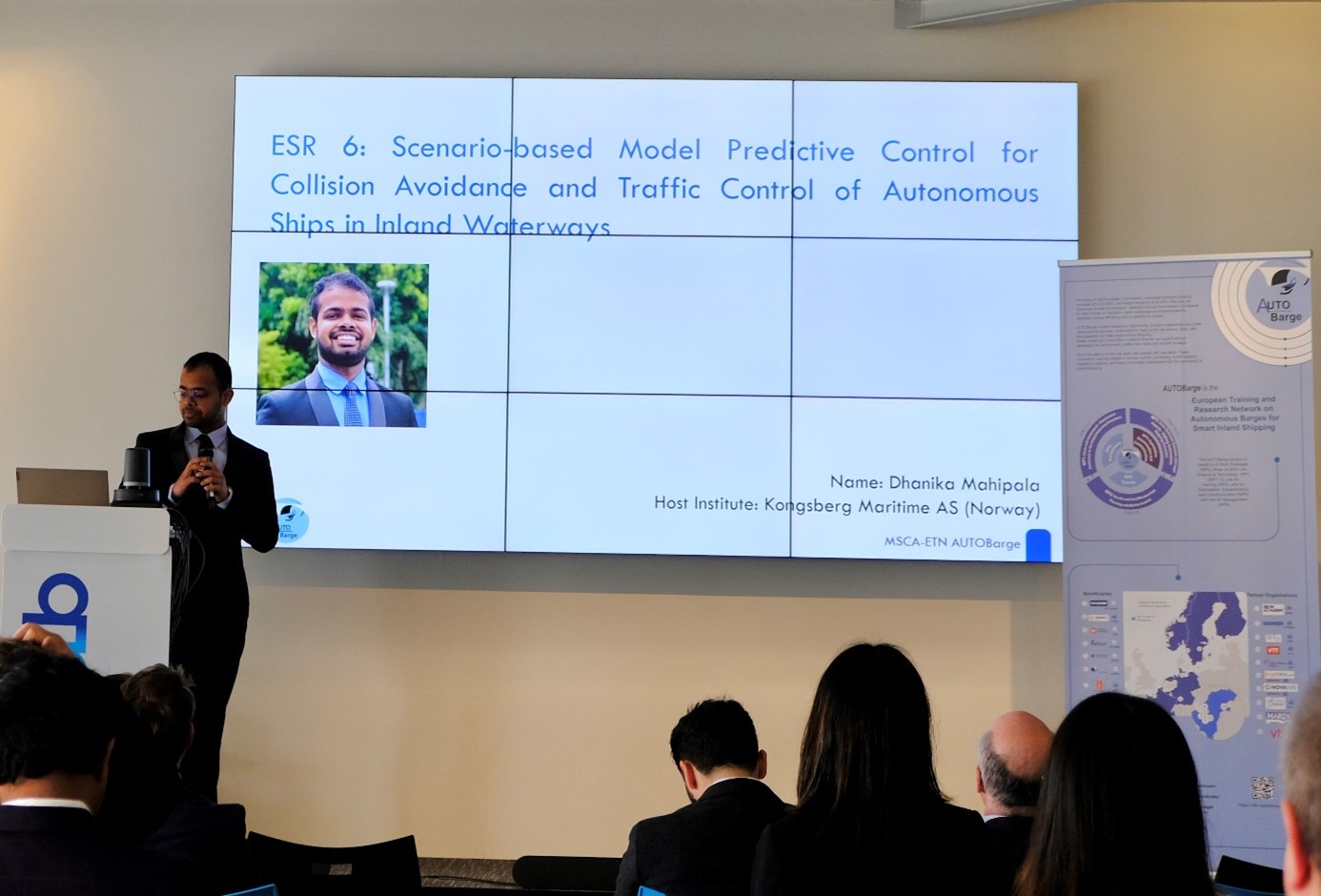
The Marie Curie Doctoral Grant is offered by Marie Skłodowska-Curie Actions (MSCA), an organization created by the European Union (EU) to strengthen Europe’s research and innovation potential through its commitment to fostering the careers of exceptional researchers. At the doctoral level, MSCA supports distinct initiatives known as Doctoral Networks. These networks consist of collaborations between universities and other partners, pooling their resources to provide distinctive doctoral training and research prospects within a specialized field. These Doctoral Networks subsequently recruit Early-Stage Researchers (ESRs), meaning doctoral candidates, to investigate the various research objectives that led to the establishment of these networks. Each ESR will be hosted by one of the participating institutions in the Doctoral Network which is known as the host institution.
Why does it stand out?
There are numerous grants and scholarships that fund doctoral research around the world. In fact, most universities even have their own funding mechanisms designed to attract and support talented researchers. However, in my opinion I believe that the Marie Curie Doctoral Grant stands out due to multiple reasons. Allow me to outline a few of them concisely as follows:
- Innovation and impact: Navigating the transition from a master’s degree program to embarking on a Ph.D. journey can be an intimidating prospect for recent graduates. Identifying innovative areas and pinpointing the relevant research questions within those fields can be a challenging initial step. Typically, the Ph.D. phase serves as the steppingstone for the research trajectory that a scholar will pursue post-doctoral studies. Consequently, it is crucial to perceive the right field and start addressing the correct research questions at this early stage. The creation of MSCA Doctoral Networks is specifically geared towards tackling highly impactful projects with tangible real-world applications. Therefore, participating in these networks ensures that your chosen topic not only possesses substantial potential for further exploration but also guarantees a direct and meaningful impact on society.
- Networking Opportunities: Through Marie Curie grants, researchers gain valuable chances for extensive networking, establishing connections with experts, institutions, and industries worldwide. This enriches their professional contacts and fosters a broad network of collaborations. Within each Doctoral Network, unique networking opportunities are available, including a series of mandatory events called Network Wide Events (NWEs). These events are anticipated to be organized by each Doctoral Network for the ESRs employed within the network. During NWEs the supervisors and the ESRs meet in one of the host institutions to discuss the progress and future research directions of the project. This is a good opportunity for researchers to get to know the research developments of other ESRs who are working on different aspects of their project and to identify potential collaborations. Here is an article on the latest NWE of the AUTOBarge project held in Trondheim, Norway, written by my fellow ESR Sophie Orzechowski.
- International Mobility: Marie Curie grant places a strong emphasis on international and cross-sector mobility, offering researchers the chance to engage in projects across diverse countries and sectors, thereby cultivating a global perspective. An instrumental measure in reinforcing this approach is the compulsory secondments that each ESR is required to undertake as part of their doctoral studies. These entail research residencies at another institution within the corresponding Doctoral Network where each ESR is expected to carry out at least two such secondments during their studies. If the ESR is hosted by a non-academic institution, at least one secondment is required to be at an academic institution (university) and vice versa. In addition, it is expected that at least one of the secondments is at an institution in another country than that of the host institution. Here is an article by another fellow ESR of the AUTOBarge project, Martin Baerveldt, sharing his experience during one of his secondments.
- Competitive remuneration: The Marie Curie Doctoral Grant offers compelling funding prospects, with specific amounts contingent on the location of your host institution. Nonetheless, these funding provisions are on par with leading global grants, providing assurance that financial constraints will not hinder your progress during your Ph.D. journey. The funding comes in the several packages:
- Living allowance- This is the basic gross amount that you will receive in monthly installments as your salary/stipend.
- Mobility allowance – Its purpose is to offset the expenses linked to your relocation to a foreign country for the purpose of assuming your position. This will be a fixed amount that you will receive each month on top of your living allowance, and it is not intended to cover any project-related expenses, such as conference travel costs.
- Family allowance- Living allowance and Mobility allowance are given to all ESRs who obtain the MSCA Doctoral Grant. If you have a family when you are recruited, you are eligible for an extra allowance known as the family allowance intended to cover relevant expenses.
- Research, training, and networking funding- This comprises a set amount for each month the researcher is enlisted in the project. While managed by your employer, this funding is designated to address expenses related to your involvement in the project, such as participating in training sessions, conferences, or undertaking travel for a secondment. Unlike the first three allowances, the researcher does not have direct access to this budget and must get the supervisor’s approval to use it.
- Access to Resources: Doctoral Networks comprise top-tier institutions in the specific field, encompassing both academia and industry. Consequently, as ESRs within the consortium, you gain privileged access to cutting-edge research facilities and collaborate with leading experts in the field.
Marie Curie Doctoral Grant is an exciting opportunity for you who are looking to pursue Ph.D. studies. While it is true that entering a Doctoral Network under the grant involves a rigorous screening process, the opportunities it offers far surpass the efforts required for selection. Best of luck with your application!
An article by Dhanika Mahipala.

